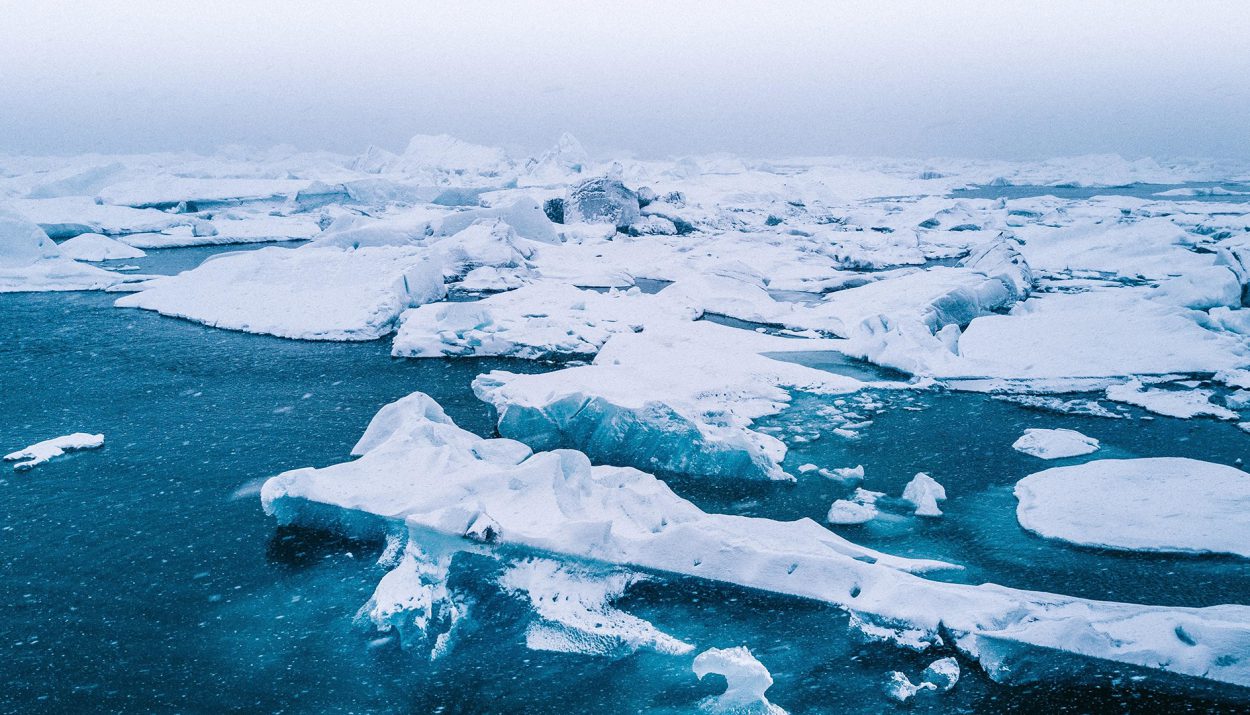According to a recently published study that appeared in the scientific journal Nature Communications Earth & Environment, the frequency of heatwaves in the Arctic Ocean are becoming the new trend, not an occasional, fluke incident.
Warmer water temperatures are the new normal in the polar regions. As the report details, a notable shift in the Arctic climate has been taking place since 2007. What does this mean for the planet? And what can we do about it? Let’s find out.
Tracking Arctic Marine Temperatures
The recently published report, released by Dr. Armineh Barkhordarian of the Cluster of Excellence for Climate Research at the University of Hamburg, takes a look at the marine temperatures in the Arctic.

Between 2007 and 2021, the Arctic Ocean experienced 11 marine heatwaves. In fact, there have been Arctic marine heatwaves every year since 2015. Dr. Barkhordarian calls this a clear shift in the region’s climate.
How Is a Marine Heatwave Defined?
A marine heatwave is defined as surface water temperatures that are higher than 95 percent of the values from the previous 30 years and that last for at least five consecutive days. In her report, Dr. Barkhordarian observed that average surface temperatures have risen 2.2 degrees Celsius over normal seasonal temperatures.
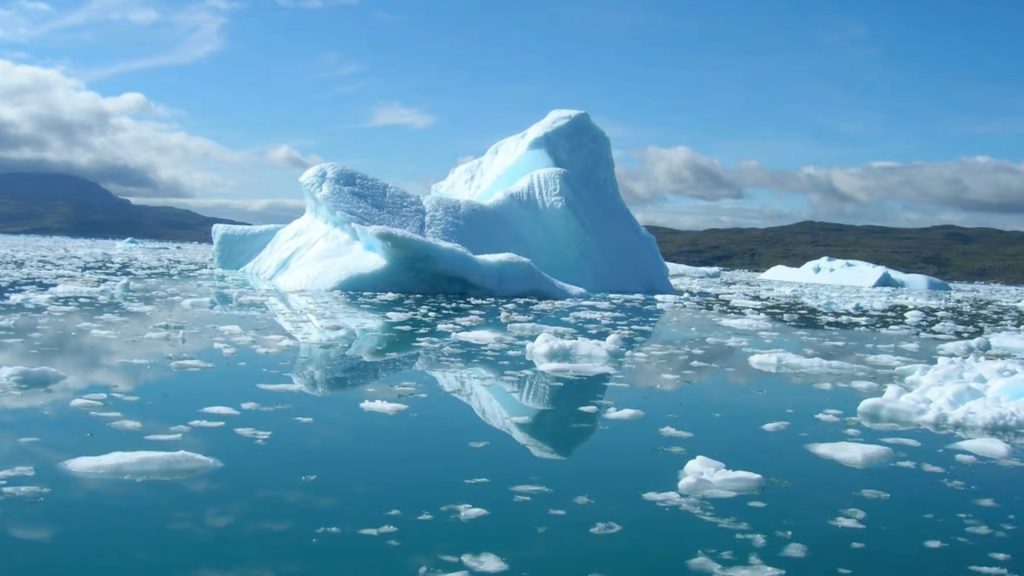
In addition, these heat waves last, on average, 37 days. In 2020, the temperature increase was higher by 4 degrees Celsius and continued for 103 consecutive days.
Not a Natural Occurrence
While it is true that the Earth has gone through periods of warming and cooling since its creation, Dr. Barkhordarian states that the current Arctic marine heatwave is not a natural occurrence.
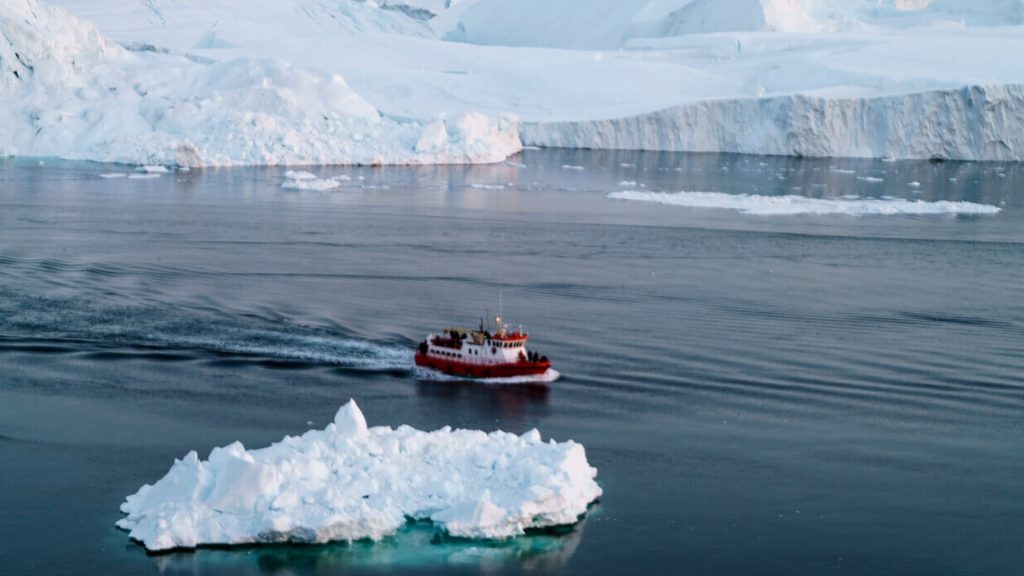
In fact, she explained that if the effects of greenhouse gas emissions were removed from the equation, the chances of the Arctic experiencing this caliber of heatwave would be less than one percent.
Heatwaves Are Linked to Premature Springtime Melts
Dr. Barkhordarian’s study noted for the first time that there is a clear link between marine heatwaves and premature springtime ice melts.

When sea ice melts earlier in the spring – and that melting takes place rapidly – “considerable heat energy can accumulate in the water by the time maximum solar radiation is reached in July,” the report stated.
“A New Phase”
Dr. Barkhordarian stated, “In 2007, a new phase began in the Arctic. There is less and less of the thicker, several-year-old ice, while the percentage of thin, seasonal ice is consistently increasing.”
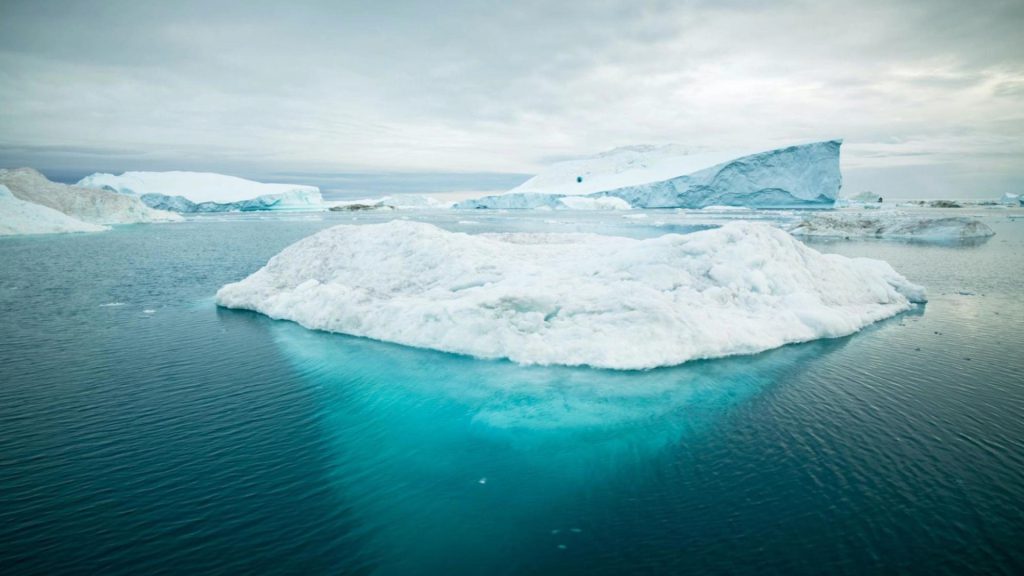
It might be easy to look at the increase in seasonal ice from an optimistic lens, but in reality, the seasonal ice melts much faster. As a result, it allows the radiation from the Sun to warm the water’s surface more quickly.
Arctic Marine Heatwaves Can Have Devastating Consequences
According to Dr. Barkhordarian, “Not just the constant loss of sea ice but also warmer waters can have dramatic negative effects on the Arctic ecosystem.” Over thousands of years, marine life in the Arctic Ocean evolved to survive in the frigid waters.

Warming waters could have devastating consequences for the animals of the Arctic. Populations of fish and plankton will decrease which, in turn, will cause a disruption in the food chain for other animals, including seals and whales.
Are Humans to Blame?
For her study, Dr. Barkhordarian and her team ran the numbers for both the current marine temperatures and a probability report for each of the Arctic marine heatwaves occurring if anthropogenic greenhouse gasses were not a factor.

The researchers used satellite data, climate models, and computer projections in their analysis. What they determined was that the greenhouse gasses most definitely raise global temperatures, accelerate the melting of thick ice layers, and contribute to the earlier-than-normal melting of seasonal ice. All of these are factors that lead to Arctic marine heatwaves.
A Greenhouse Effect
Current fossil-fuel forms of energy release dirty pollutants, including carbon and methane, into the atmosphere. It changes the filtering ability of the atmosphere.
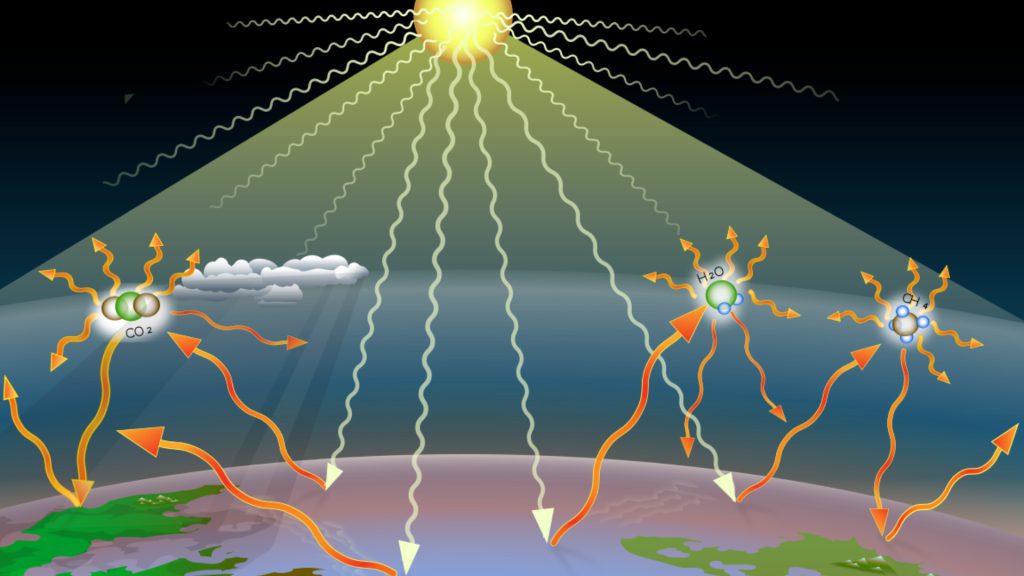
The pollutants in the atmosphere cause the planet to experience a greenhouse effect in which the heat from the Sun can penetrate to the Earth but remains trapped there. The result is increased global temperatures.
How to Solve the Climate Issue
The best solution for this crisis is to immediately switch to clean, renewable, non-fossil-fuel-based sources of energy, such as wind, solar, and geothermal power. Reducing pollution can also go a long way in halting the effects of global warming.

Making an immediate switch would certainly cause disruptions in our current lifestyles, which is why change is slowly taking place. By doing all we can to speed up the process, we can put a stop to the harm currently being inflicted on our planet.
Sweeping Changes Are Needed
The governments of the world, along with businesses and corporations, can lead the way by implementing widespread emissions cuts, programs to reduce carbon footprints, and pass environmentally friendly legislation.
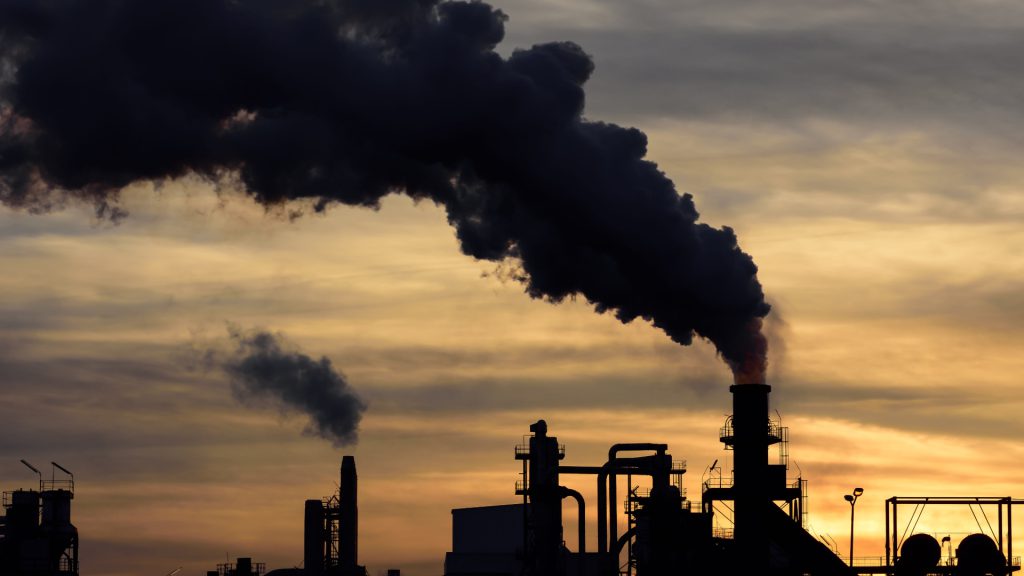
Individuals can let their government leaders know how they feel about cutting greenhouse emissions and stemming the effects of climate change by signing petitions, attending town hall meetings, and writing letters.
Small Actions Can Have a Big Impact
However, individuals can also do their part to protect the planet’s fragile ecosystems. Small changes, like using public transportation, switching to a plant-based diet, and reducing your family’s energy consumption, may not seem like a lot, but every little bit helps. All the small changes can add up to significant ones.

Too often, people think locally rather than globally. But threats to places like the Arctic can have a domino effect. As Dr. Barkhordarian’s report tells us, marine heatwaves in the far-off Arctic have the potential to impact all of us.

